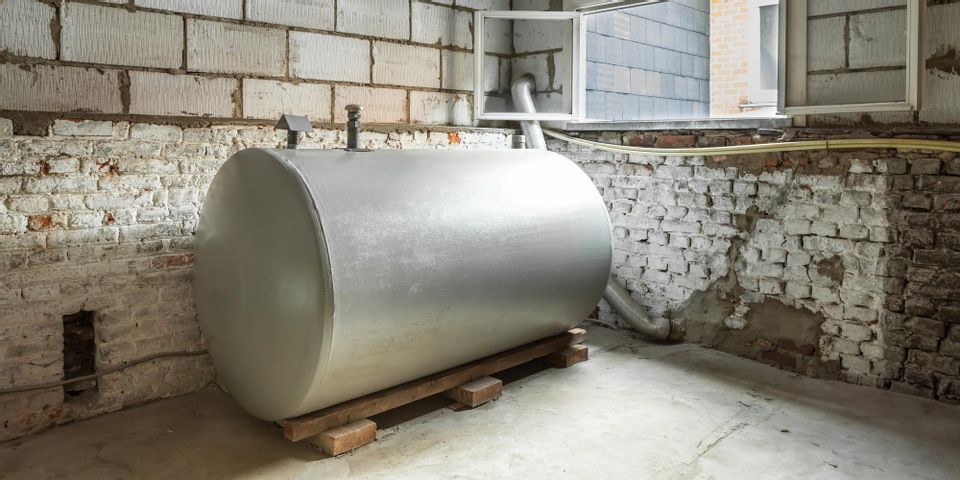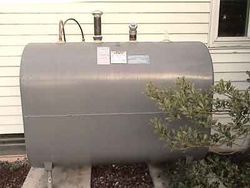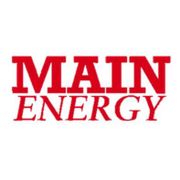What's the Difference Between Kerosene & Fuel Oil?
By Main Energy

Finding the right fuel ensures you have enough clean, reliable power for essentials like stoves, lawn equipment, and furnaces. Kerosene and fuel oil are two popular options that come with unique benefits. Use the following guide to determine which one is best for your home.
Kerosene
Kerosene is a clean fuel that burns hot, making it a reliable choice for home heating. Its flashpoint, the temperature at which it becomes flammable, is 100 degrees Fahrenheit, considerably higher than other fuel sources.
Kerosene is light, clear, and free of solids, but some fuel companies will add a dye to make it distinguishable from other fuels similar in hue. It’s extracted from petroleum, a natural resource in the earth used as the basis for fuel oil, propane, and more.
Another perk of kerosene is that it doesn’t freeze or gel when in outside tanks, even if the temperatures drop, ensuring no interruption in usage. The clean burn makes it less risky for carbon monoxide poisoning, and because it is less combustible and has a long shelf life, long-term storage is safe.
Fuel Oil
 Fuel oil, also known as gas oil, red diesel, or 35-second oil, is more often used in commercial or agricultural settings. Some residential properties can use this as well, but due to the size of the tanks needed, an oil delivery is necessary. It is incredibly cost-effective, an appealing quality for those who rely on it for heating, power, and farm and construction vehicles.
Fuel oil, also known as gas oil, red diesel, or 35-second oil, is more often used in commercial or agricultural settings. Some residential properties can use this as well, but due to the size of the tanks needed, an oil delivery is necessary. It is incredibly cost-effective, an appealing quality for those who rely on it for heating, power, and farm and construction vehicles.
Red diesel is a combustible fuel with a flashpoint of higher than 100 degrees Fahrenheit. It generates more heat than standard gasoline, a quality that makes it a top choice for heavy machinery. This high heat also ensures equipment runs even in cold weather.
For kerosene and fuel oil delivery in upstate New York, contact Main Energy in Palmyra. Since 2001, the oil company has offered an array of fuels at affordable rates. They provide high-quality home heating oil products with convenient payment plans. To set up oil delivery, call (315) 597-5200. To learn more about other options, including gasoline, diesel, and propane, visit them online.
About the Business
Have a question? Ask the experts!
Send your question

